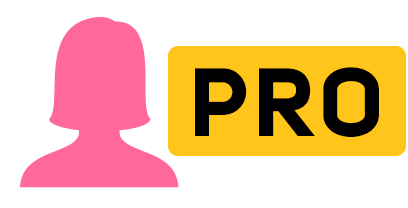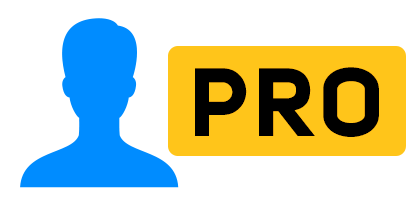Ai German voices
Ai powered German tts voices. Listen to all the examples.
 Ilma
Ilma
 Christoph
Christoph
 Vicki
Vicki
 Vicki plus
Vicki plus
 Bernd
Bernd
 Albert
Albert
 Killian
Killian
 Louisa
Louisa
 Magda
Magda
 Gisela
Gisela
Language code: de-DE
Transform any text into human-sounding German speech.
It goes by various names, including 'Deutsch' and 'Hochdeutsch'.
This language is unique in pronunciation, with distinct sounds. It utilizes a combination of voiced and voiceless consonants, and vowel length can change the meaning of words. The language is also known for its compound nouns, making sentence structure vital for conveying clear meaning.
Vowel Length: German distinguishes between short and long vowels. For example, "Bett" (bed) has a short 'e', while "Beet" (garden bed) has a long 'e'.
Umlauts: Umlauts are diacritic marks on vowels (ä, ö, ü). They indicate a change in vowel sound. For instance, 'ä' is somewhat akin to 'ae', 'ö' is somewhere between 'o' and 'e', and 'ü' resembles the 'u' in the French word 'lune'.
Consonant Combinations: Certain combinations, such as 'sch', 'ch', 'sp', and 'st', have unique sounds. The 'sch' is similar to the English 'sh', while 'ch' can sound like the 'h' in "huge" or the 'ch' in the Scottish word "loch," depending on its placement and the vowels around it.
Compound Words: German is renowned for its long compound words. Pronunciation in these cases relies on stressing the primary syllable of each constituent word.
SpeechGen focuses on the intricacies of German phonetics and articulation to produce clear audio. By leveraging advanced technologies like artificial intelligence and neural networks, our tool ensures the voicing of the text feels organic and real. The synthesis of the spoken content keeps the essence of grammar and its unique tonal qualities intact.
Experience the cutting-edge synthesis of voices with SpeechGen, turning your German text into vibrant speech through seamless conversion.
Top facts
- More than 130 million people speak German. The most popular countries where German is spoken are Germany, Austria, Switzerland, Liechtenstein, Belgium, Italy, and Luxembourg. There are 42 countries in total.
- Ranked 7th in Internet Usage
- Only 23 million words. 145,000 keywords. Native speakers use approximately 12,000 words.
- The most popular words are “Der, die, das.”
Other Accents
- Deutsch
- Austrian
- Schweizerdeutsch
 SpeechGen.io
SpeechGen.io